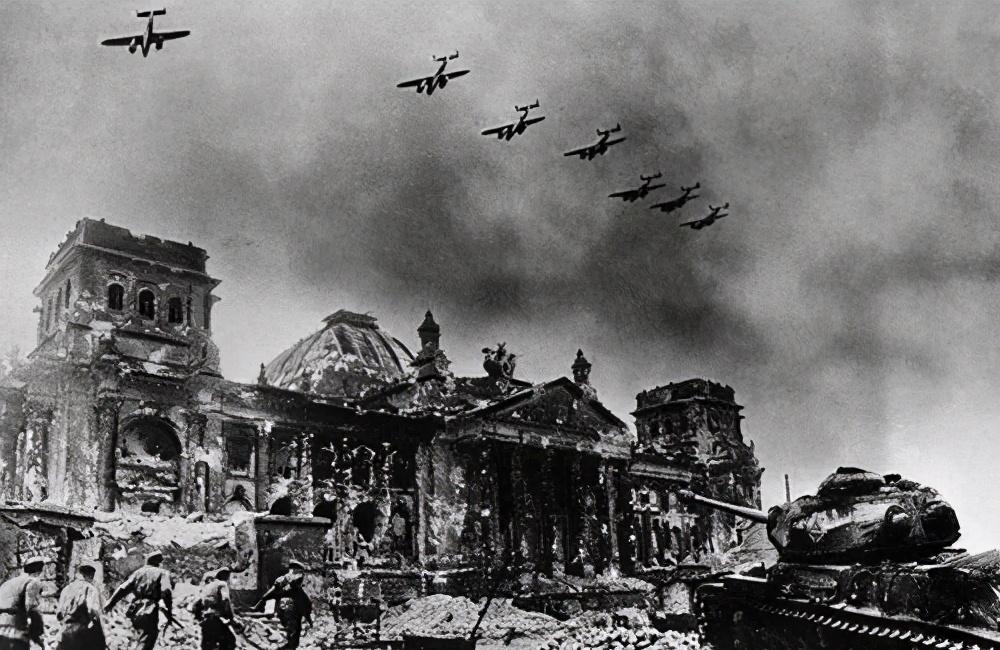Saraev, the commander of the 10th Division of internal affairs, was originally the commander of the Stalingrad garrison, and his troops were arranged almost in a straight line throughout the city, mainly responsible for intercepting the defeated soldiers who had fled, blocking the Volga River crossing to prevent escape. He also had control of an armed guard of 1,500 civilian police, workers and firefighters, controlling some of the city's key points.

As a privileged internal affairs officer, Colonel Sarayav seemed less willing to put his division into front-line combat and was initially less willing to take Trikov's orders. But Trikov's dependence on Sarayev was not limited to military power, and Sarayev's familiarity with the city was also urgently needed by The newly arrived Trikov.
Trikov's infantry was pitifully small, but he also had a relatively strong artillery. In addition to the 172 large and small artillery pieces of each division and brigade, his group artillery group also had 4 regiments, divided into two groups in the north and south, which was a relatively strong force, and most of the heavy artillery was transferred to the east bank of the Volga River. Trikov had about 150 heavy guns.
Trikov's logistics units were also quite numerous on the east coast. Many of the Soviet divisions also remained on the east bank. For example, the Soviet 138th Infantry Division, which later participated in the war, was once beaten to only 2226 men, but only 928 in the urban area, and another 1298 people were on the east bank, which is estimated to be mainly artillery and logistics. With permission, some of Trikov's senior officers sometimes left the city and ran to the east bank to take a shower and rest. Trikov himself could not leave, otherwise he might be severely punished by Stalin.
The position that Trikov could rely on was also weak. On September 13, only 25 percent of the city's defense work was complete, the anti-tank system was semi-finished, and there were no trenches in front of the barricades. Soviet infantry could only rely more on the buildings inherent in the city.